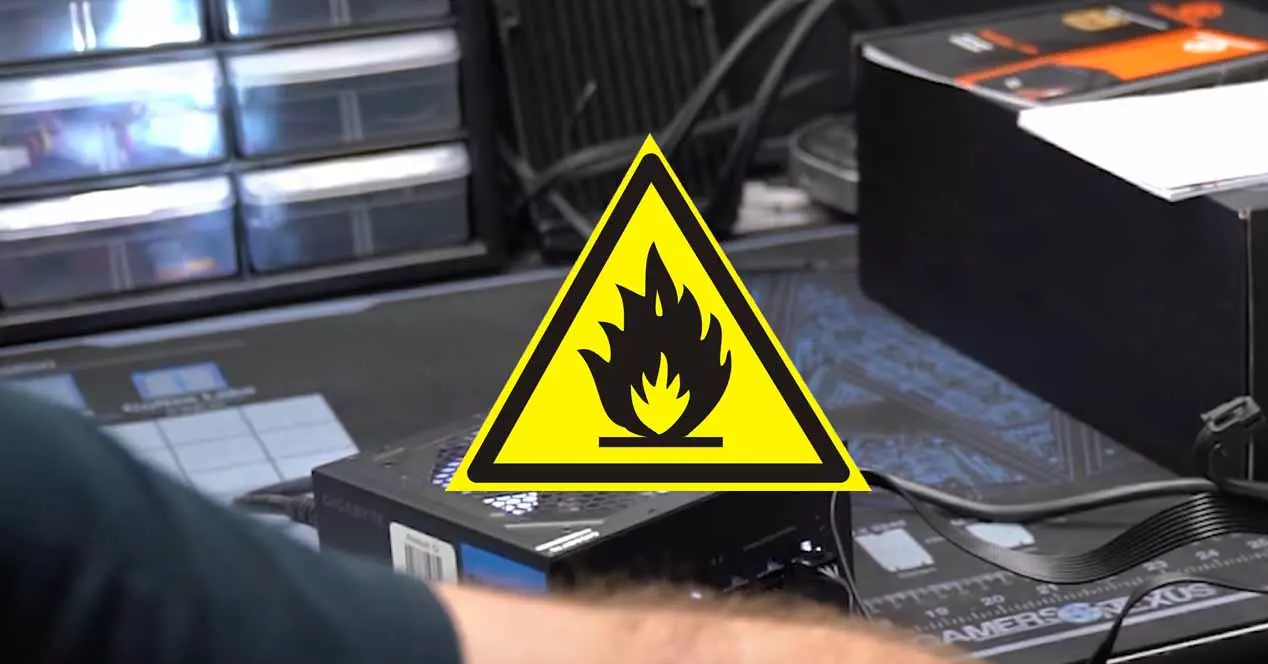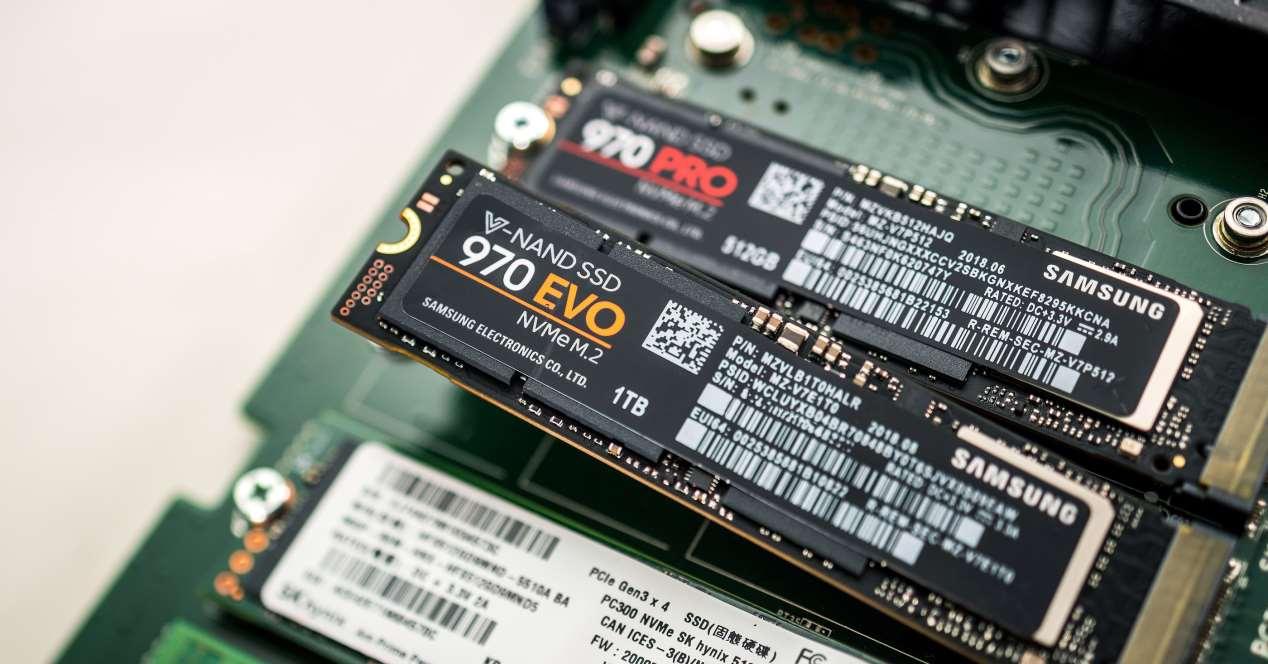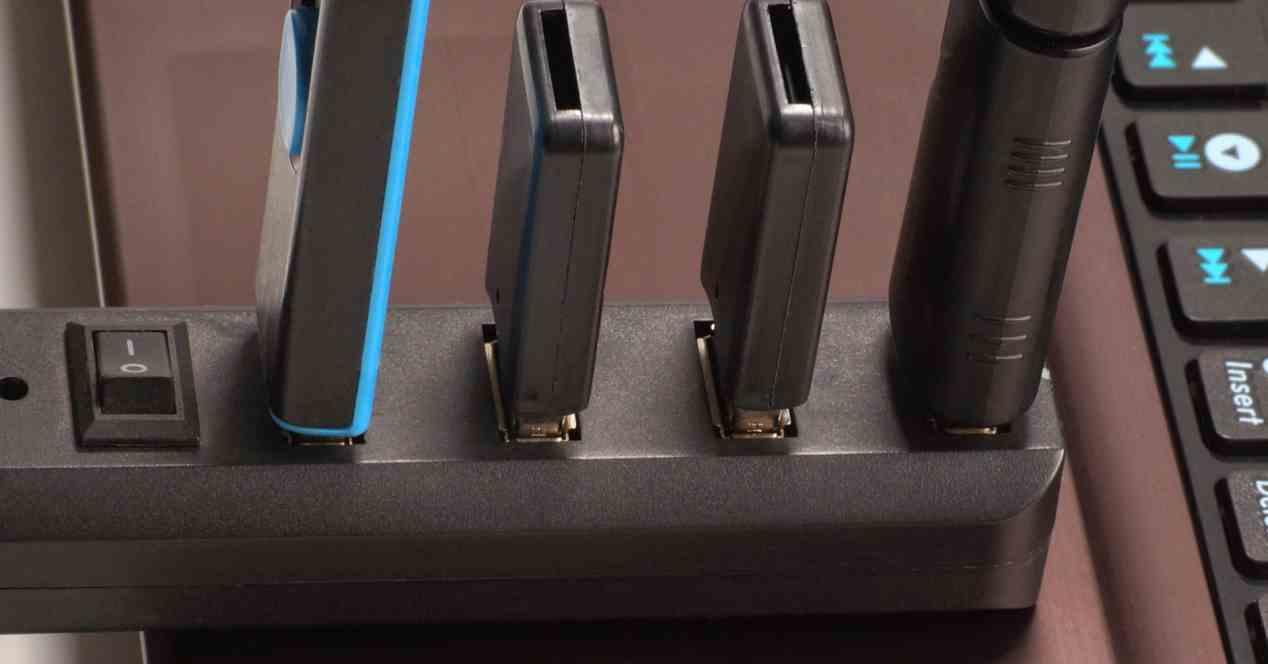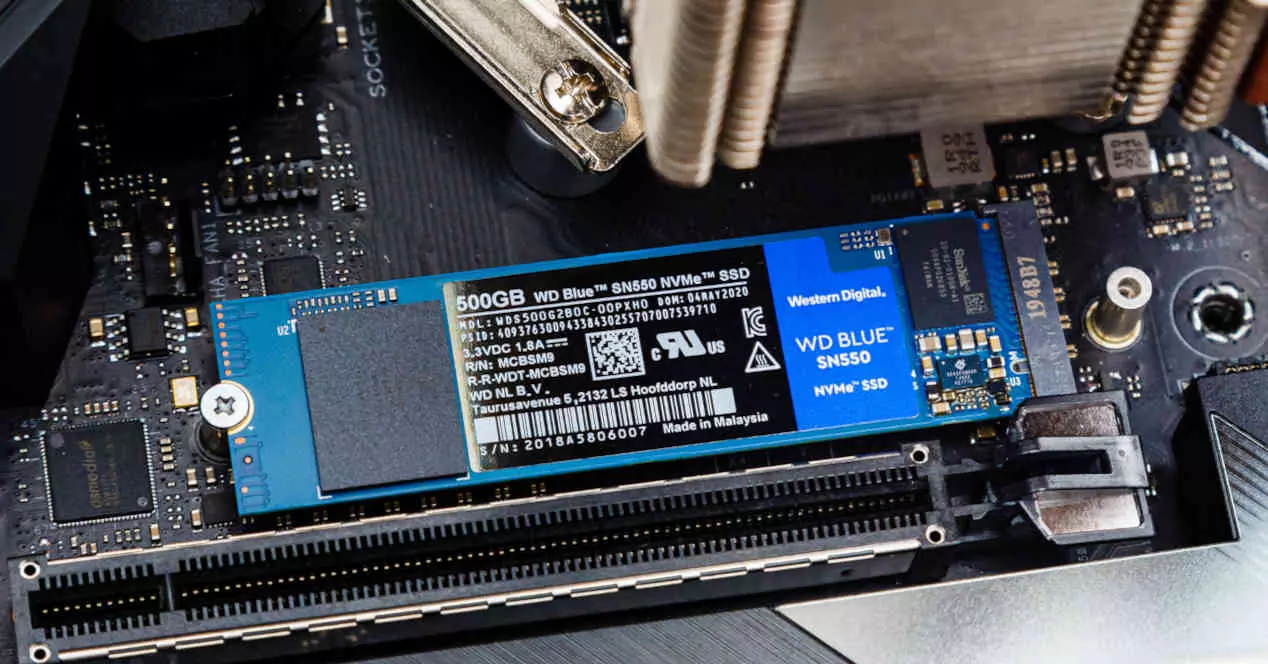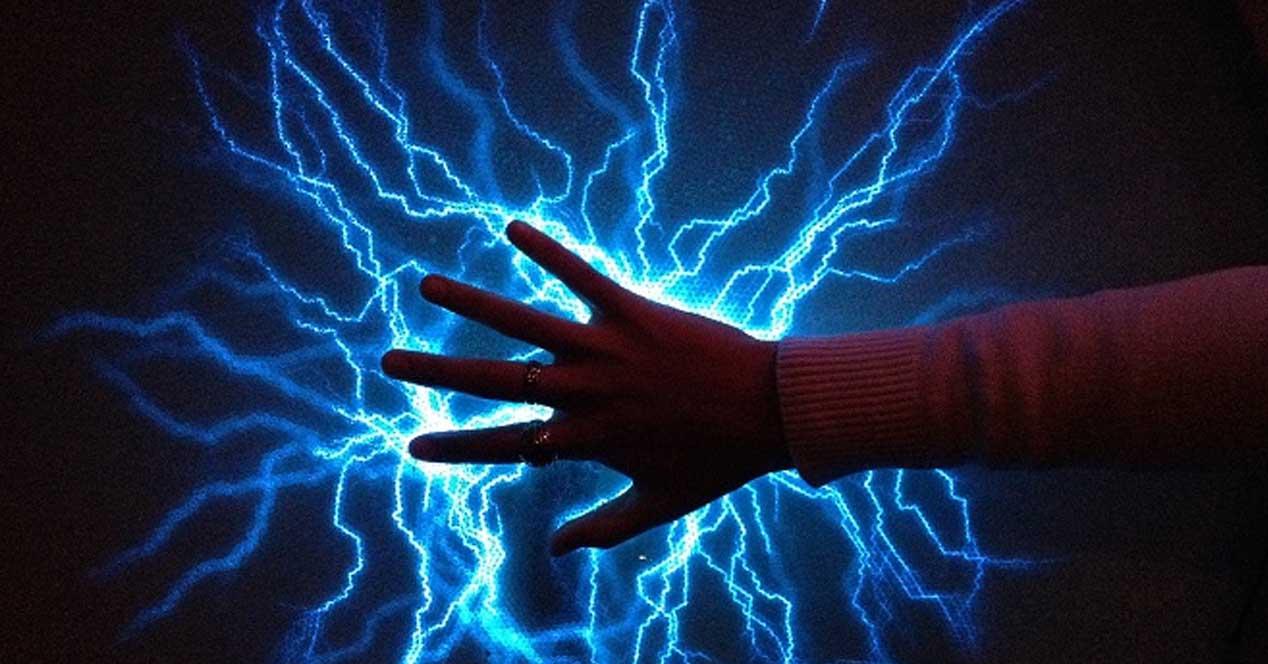
Many times we have told you that the power supply it is, electrically speaking, the most important element of the PC’s hardware, since it depends on it that the electricity reaches all the components in its proper measure. However, it is also important because it is the element that protects everything else against electric problemslike the surges which is what we are going to talk about today.
As you know, the vast majority of PC power supplies have a series of protection mechanisms, such as OCP (Over Current Protection), PVO (Over Voltage Protection) or scp (Short Circuit Protection), all of them very important to guarantee that our hardware will be protected against possible problems in the electrical network. Thus, from the outset we can answer the question in the statement, and that is that the source effectively protects you against overvoltages thanks to its OVP safety circuit, but how does it do it and to what extent is it sure?
What are surges and why do they occur?
The definition of overvoltage is “excess electrical voltage in a circuit”, something that we could already guess simply by its name. As you know, the PC power supply needs a certain range of voltages to be able to work and then convert the electricity into something that the hardware can use as power, but when that voltage or voltage is excessive, it can cause damage to the components including its complete destruction.
In other words: the Spanish electrical network provides 220V of voltage, and PC power supplies are designed to work with a range that goes, approximately, from 240 to 200 volts. If at any given moment there is a failure in the electrical network and the source receives, for example, 380V, it would cause a breakdown or something worse.
Why do surges occur? The most common reason is due to atmospheric phenomena, such as lightning strikebut can also be caused by what is known as «switching surges«, which are generated in power lines due to the connection and/or disconnection of high-power electronic devices (generally industrial). The electrical network itself has mechanisms to mitigate this, but sometimes it is not enough or failures occur, causing us to suffer overvoltages in the home electrical network.
How the power supply protects you
The power supply surge protection circuit, also called OVP for short. Over Voltage Protectionis in charge of detecting the input voltage of the power supply, and in the event that it is higher than the established range, directly will turn off the source to avoid damage to the electronic components of the circuit.
So, if, for example, an electrical storm is taking place in your area and suddenly the PC turns off for no apparent reason, it is most likely because a lightning strike has affected the electrical network and the surge protection circuit of your computer. power supply has been activated, shutting down the PC to prevent further damage.
